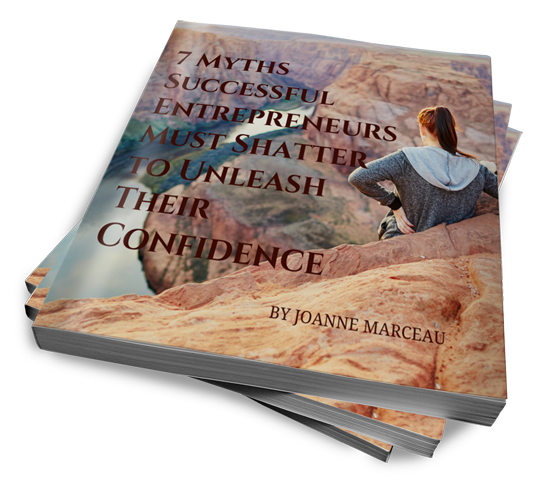The easiest way to think about coaching is to focus on desiring change, whether it is oriented towards the present or future. Coaching is proactive and helps clarify your desires and goals so that you can create a vision that inspires you to take action on your realizations and insights.
During the coaching process, some time is spent exploring the events, learnings, and challenges from your past, but the process does not linger there. As a certified coach, JoAnne can help you pinpoint lessons from your past so that you can apply strategies to make positive changes in your life moving forward.
So what’s the difference between a Life Coach and a Therapist?
Coaching is a relatively new profession (having taken the name in the 1980s), and it implements skills drawn from other helping and consultative disciplines, people often want to know: what’s the difference between coaching and counseling (or therapy)?
In coaching circles, it is commonly quoted that “Therapists are typically take a dysfunctional person and help make them functional, while coaches take a functional person and make them better”. In this sense it is clear that coaching is NOT therapy, counseling, mentoring or psychology. (However the coaching process does have roots in the field of psychology and can frequently follow some psychological models). Basically a therapy session will spend the majority of time focusing on past events, and little in the present or future.
Situations when a life coach can help…
- I am an individual who feels held back or stuck in a certain part of my life.
- I have done the work on myself in therapy and have an awareness of how different events in my life have affected the way I operate.
- I am ready to take my life to the next level, e.g. figure out my life purpose, new career, new relationship.
- I am ready and able to take action and want the accountability and support to keep me moving forward.
Situations when therapy is a better option…
- I am in an abusive relationship and need guidance and support.
- I am battling with an addiction (or dealing with a loved one who has an addiction)
- I have uncontrollable emotions and find myself crying on a regular basis.
- I have not resolved childhood trauma.
- I suffer from depression and feel helpless.

